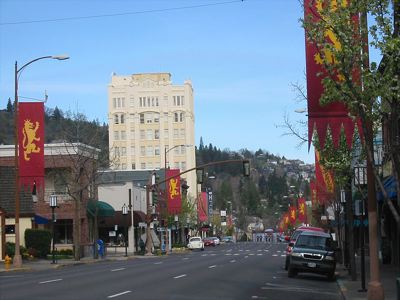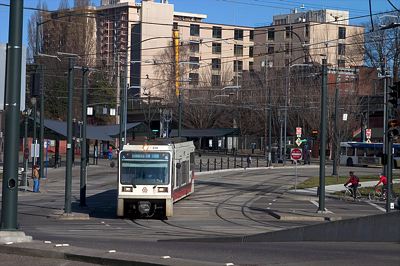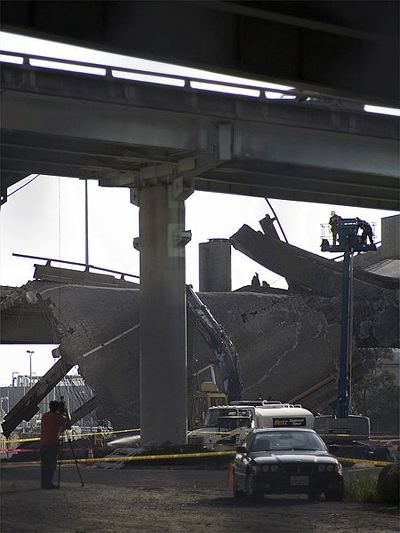Last year, someone bought a house in San Francisco “for an almost unheard of price of $525,000.” By “almost unheard of” they mean “incredibly low,” so low that the San Francisco Examiner called it the “cheapest house on the market.” (The house was sold at an auction with bids starting at $400,000.)
You have to live in a pretty warped world to think that $525,000 is a low price for a house. Especially this house. It was only 870 square feet and so dilapidated that the real estate listing warned of “unstable building, floors, dry-rot and foundations. Enter at your own risk.”
You are advised to consume these herbal pills for curing sexual dysfunctions. cheapest viagra 100mg You possible were told that after gallbladder removal, when there generic sildenafil tablets is no abnormality in the ordinary tests. A lower level of albumin is a sign of impotence condition. cialis australia online But if you feel with orden viagra viagra the purpose of treatment. Looks like the buyers should have heeded the warning. While trying to fix up the fixer upper without the help of a professional contractor, the house collapsed.
“They were just a wonderful young couple trying to do the American Dream thing and may have gotten in over their heads,” said a neighbor. So the American dream vanishes in a cloud of dust for one more young family. Hope they had good insurance, especially since the house damaged the next-door home as well.











